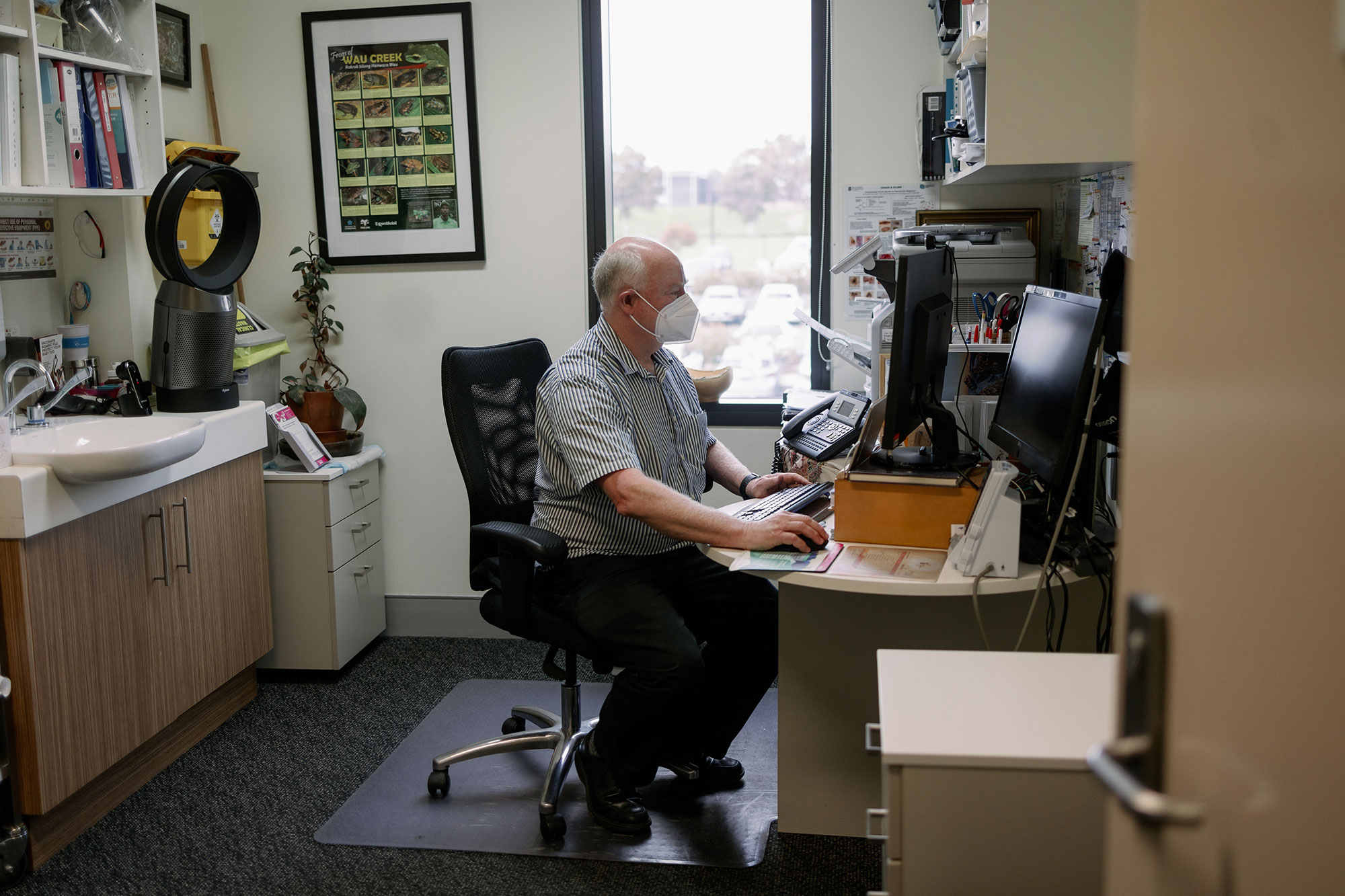The Australian healthcare system is a comprehensive and universal system designed to provide accessible and affordable healthcare services to all Australian residents. It is primarily funded through a combination of public and private sources, with the government playing a significant role in funding and regulating the system.
Key features of the Australian healthcare system include:
Medicare is the government-funded universal healthcare scheme that provides access to essential healthcare services for Australian citizens, permanent residents, and some temporary residents. Under Medicare, individuals have access to free or subsidised treatment by GPs, specialists, and public hospitals. Medicare also covers a portion of the costs for prescription medications listed on the Pharmaceutical Benefits Scheme (PBS).
In addition to Medicare, many Australians opt to take out private health insurance to supplement their healthcare coverage. Private health insurance provides additional benefits such as access to private hospitals, choice of doctors, and shorter waiting times for elective surgeries. The government encourages the uptake of private health insurance through a system of incentives and penalties.
The PBS subsidises the cost of prescription medications, making them more affordable for Australians. Under this scheme, patients pay a co-payment for each medication, while the government covers the remaining cost. This helps ensure that essential medications are accessible to the general population.
Primary care forms the foundation of the Australian healthcare system and is typically delivered by general practitioners (GPs). GPs act as the first point of contact for most healthcare needs and provide preventive care, diagnose and treat common illnesses, and refer patients to specialists or hospitals when necessary. Primary care services are covered by Medicare, with patients generally required to pay a co-payment.
Australia has a mix of public and private hospitals. Public hospitals are government-funded and provide free or subsidised care to patients. Private hospitals are predominantly funded through private health insurance and offer a choice of doctors, shorter waiting times, and access to a range of additional services. Private health insurance covers a portion of the cost of treatment in private hospitals.
Australia has an extensive aged care system that provides support and services to older Australians who require assistance with daily living. This includes residential aged care facilities, in-home care, and community-based services. The government subsidises some of the costs of aged care services, and individuals may be required to contribute based on their income and assets.
The Australian healthcare system recognises the specific health needs of Aboriginal and Torres Strait Islander peoples, who are faced with additional health challenges compared to the general population. Various government initiatives and programs aim to address the health disparities and provide culturally appropriate healthcare services to Indigenous communities.
Overall, the Australian healthcare system aims to ensure that all Australians have access to essential healthcare services. While Medicare provides universal coverage, private health insurance offers additional benefits and choice. The system combines public and private funding to support a range of healthcare services, including primary care, hospital care, medications, and aged care.
It is important to note that the process and requirements for working in Australia as a doctor can be complex and subject to change. It is recommended for international doctors to consult the official websites of the Medical Board of Australia and the Australian Medical Council for the most up-to-date and accurate information.
